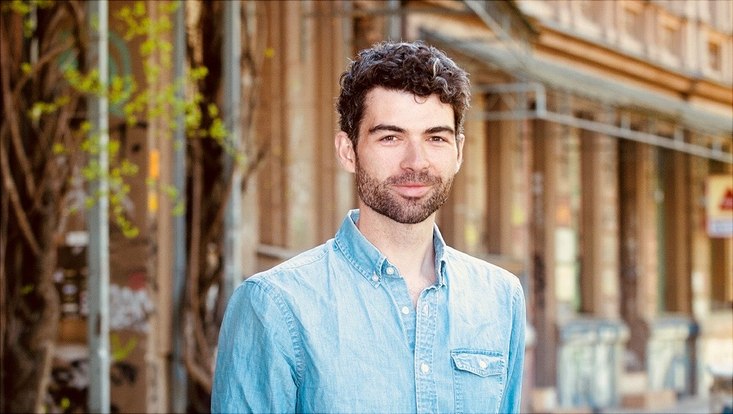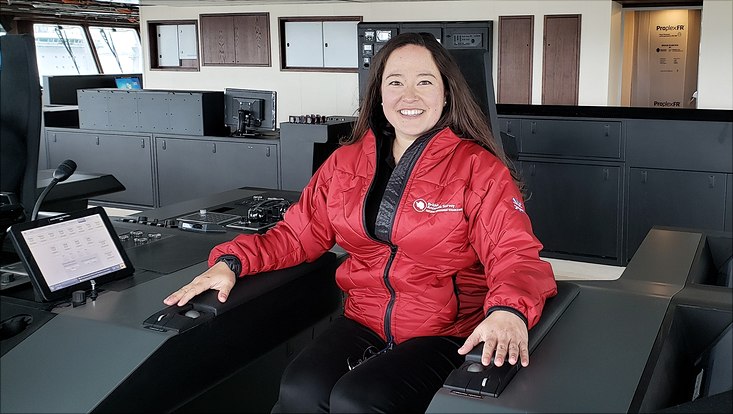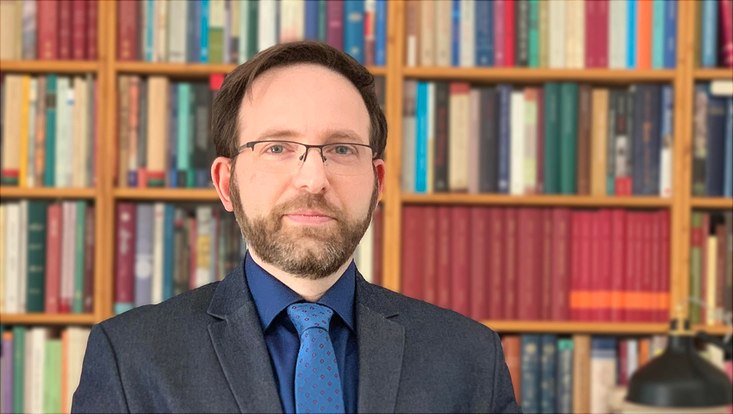“Welcome Aboard!”“The brain is the most complex object in the universe and is constantly changing”Prof. Dr. Nicolas Schuck will strengthen the Department of Psychology.
5 October 2022, by Schuck/Red.

Photo: Torben Hoeke
Every year, Universität Hamburg welcomes numerous new researchers. This series introduces them and their areas of research. This time: Psychologist Prof. Dr. Nicolas Schuck.
Prof. Dr. Nicolas Schuck, previously from the Max Planck Institute for Human Development in Berlin, to start in the winter semester as professor for learning and change mechanisms with the Faculty of Psychology and Human Movement.
My research area in 3 sentences:
As a cognitive neuroscientist, I research the neuronal mechanisms of learning and decision making. In particular, I am interested in an “algorithmic” approach, inspired by research into artificial intelligence (AI). For example, we are trying to find out where and by what rules the brain decides to store an experience in our memories.
This is how I explain my research to my family:
People always say the brain is the most complex object in the universe. What I find even more fascinating is the idea that this unimaginably complex brain is also constantly changing. And it is changing in a way that gives us special abilities, for example, effortlessly learning to speak as children. But we don’t yet know how the brain does this. That is what I want to find out.
In Hamburg, the city and the University, I am looking forward to:
Universität Hamburg attracted me with its modern and global view of the future, and because of its strength in the field of psychology and neurosciences. I also like big cities, particularly those that are near the water. That makes Hamburg hard to beat.
These are my plans at Universität Hamburg (with regard to knowledge exchange, teaching, etc.):
My main goal is to further increase the interdisciplinary collaboration between psychology, neurosciences, and informatics/AI, and also to bring more life to the profile initiative Mechanisms of Change.
This is why students should come to my lectures:
As a learning researcher, it is particularly important to me that everyone gets ideas and knowledge from my lectures that will stay with them for a long time. That is why I try, whenever possible, to use practical examples and exercises to build practical skills.
Reaching out to the world: I work with the following international and federal institutions and universities:
I am in the very fortunate position of working with a lot of international colleagues. This includes people at Oxford, the University College London and Tokyo University.
My research is important for society because:
Working to better understand how our brains “normally” work is done in the hope of finding something along the way that teaches us about psychological or neurological illnesses. We are also examining how aging influences learning processes, and how to differentiate between normal aging and dementia.
Open-Topic-Professorship
As part of the Excellence Strategy of the Federal and State Governments, Universität Hamburg—University of Excellence will appoint three open-topic professorships. The newly appointed professors are intended to help turn profile initiatives into emerging fields. Nicolas Schuck takes up one of these open-topic professorships. The professorship is based in the profile initiative Mechanisms of Change.


